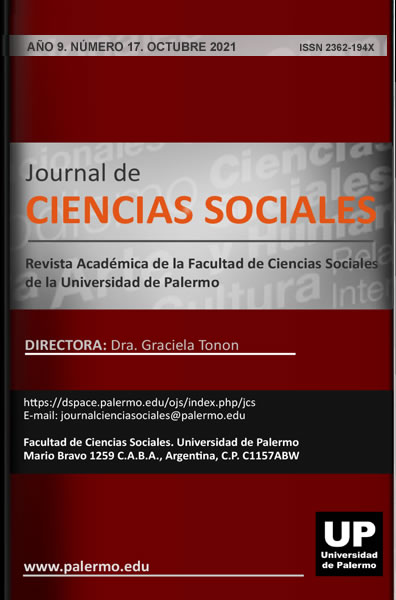Español
Abstract
For a long time, the study of the State has been marked by a monolithic understanding, since it has been understood as the only possibility to avoid the battle of all against all, the supreme expression of society or an agreement of one class for the oppression of another. Under this premise, Nicos Poulantzas will develop a critical proposal in the conception and approach to state architecture, understanding it as a space of constant dispute and crystallization of class conflict, aiming to understand it as a complex whole that never manages to belong entirely to one sector. These observations are of transcendental importance, since those who aspire to understand institutionalism from the Social Sciences will find a complex proposal for the study of the State. It is in this logic that this paper intends to review Poulantzas' State, Power and Socialism, considering that this text makes a fundamental theoretical contribution to the study of political science. By reviewing some approaches, we aim to provide some conceptual orientations of the Greek-French author so that they can serve to deepen a theoretical project of great relevance in times when political disaffection and struggles for the State are more present than ever.
Downloads
References
Anderson, P. (2011). Consideraciones sobre el marxismo occidental. Siglo XXI.
Hall, P. H. y Soskice, D. (2006). A propósito de los capitalismos contemporáneos: Variedades de capitalismo: Algunos aspectos fundamentales. Desarrollo Económico, 45(180), 573-590.
Iglesias, P. (2014). Disputar la Democracia: política para tiempos de crisis. Akal.
Lenin, V. I. (2007). El Estado y la revolución. Longseller.
Leyva, F. (2020). La cláusula democrática de la OEA: el reto de defender (y definir) la democracia en América Latina. Contextualizaciones Latinoamericanas, 1(23), 103-113.
Marx, K. (2015). Antología. (H. Tarcus, Ed.) Siglo XXI.
Poulantzas, N. (2005). Estado, Poder y Socialismo. Siglo XXI.
The authors retain the rights to their work guaranteeing this journal the right of first publication, committing to cite the Journal of Social Sciences as a reference of the original publication.
The works published in the Journal are published under the terms indicated in the Creative Commons License with the International Attribution 4.0 (CC BY 4.0).




























